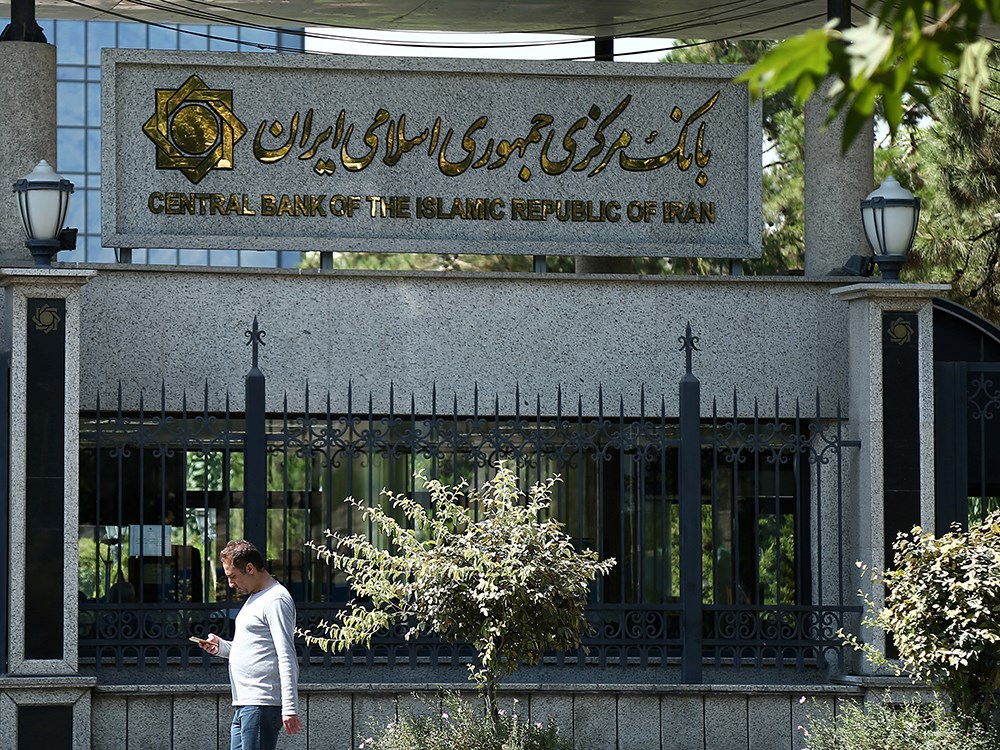Unfreezing assets in S.Korea part of prisoner exchange deal
Nour News agency states that the prisoner exchange talks between the US and Iran, through a third country's mediation, include the possibility of releasing frozen Iranian funds.
-

Central Bank of the Islamic Republic of Iran
Iran has recently allowed Iranian-American, Baqer Namazi, 85, to leave the country for medical treatment abroad and released his son, Siamak, 50, from detention. This information has recently emerged as part of the ongoing debate regarding a prisoner exchange deal between Iran and the US through a third-country mediation.
A report released by Nour News Agency stated that "the prisoner exchange deal between Iran and the United States includes the exchange of 4 prisoners for 4 prisoners and the release of Iran's frozen assets in South Korea."
Furthermore, Nour News indicated that "the agreement on the prisoner exchange deal between Iran and the United States was made months ago, but the American side did not announce its readiness to implement it until now," stressing that "the release of the Iranian-American Baqir Namazi was done for humanitarian reasons and has nothing to do with the deal."
On the same topic, the Iranian Tasnim news agency reported that "with the continuation of mediation talks between Iran and the United States, it was agreed that the central bank of one of the countries in the region will be the bank in which the freed money from South Korea will be deposited."
Earlier, IRNA news agency quoted unnamed informed sources as predicting "the imminent release of $7 billion of Iranian assets frozen in South Korea as part of a prisoner release deal between Iran and America."
It is worth noting that several billion dollars in Iranian funds have been seized in a number of countries, including South Korea and Japan. These funds were seized after the US reimposed harsh sanctions against Iran in 2018 after the US unilaterally withdrew from the 2015 JCPOA agreement.
Today, October 3, the spokesperson for the Iranian Foreign Ministry said that "the release of frozen funds in South Korea is not subject to any condition or party outside the relations between the two countries," noting, "We will announce the details when the talks on this file are over."
In 2021, Tehran has accused Seoul of keeping $7 billion in its funds "hostage" and has repeatedly demanded their release.
The agency added that the past weeks witnessed "intensive negotiations mediated by one of the countries in the region for the simultaneous release of prisoners between Iran and America and billions of dollars of Iranian assets, as part of the prisoner exchange deal."
Seoul did circumvent sanctions in early 2022, however, paying $18 million in frozen Iranian funds to pay Tehran's UN dues and restore the country's voting rights at the international organization.
Iran has called on South Korea to release the assets regardless of the outcome of the talks between Tehran and major powers aimed at reviving the 2015 nuclear deal.
IRNA reported that the possibility of liberating the funds at a time when the "negotiations to return to the nuclear agreement have remained without result so far due to the Americans' failure to resolve their political decision," noting an American desire to "follow up on the issue of releasing a number of Washington nationals detained in Iran in conjunction with freeing frozen Iranian assets in South Korea."
Read more: Iran launches legal battle at UN to free billions stolen by US

 3 Min Read
3 Min Read








